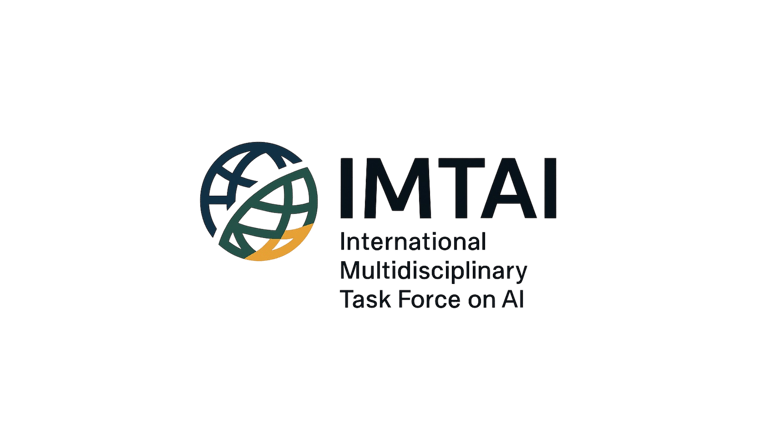
Uniting Experts for AI Impact
In response to the rapid proliferation of advanced AI agents and their increasing societal impact, we propose the establishment of an international, multidisciplinary expert task force. This working group will bring together leading physicists, mathematicians, engineers, legal scholars, and representatives from the humanities.
Our Mission Statement
Purpose and Objectives
IT ALL BEGINS WITH ONE QUESTION...
What happens when progress moves faster than our ability to understand and govern it?
The initiative is structured in three sequential phases:
Classification and Comprehension:
Develop a comprehensive, evidence-based taxonomy of AI agents, reflecting their underlying architectures, learning paradigms, operational functions, computational requirements, and risk profiles. The goal is to achieve a shared scientific understanding as a foundation for assessment.Risk Assessment:
Conduct thorough, cross-disciplinary risk analyses for each class of AI agent, considering technological, ethical, legal, social, and environmental dimensions. This will allow the identification of both immediate and long-term challenges posed by AI deployments at scale.Policy and Regulation Proposals:
Formulate robust recommendations and regulatory frameworks for governments, international bodies, and technology companies. The objective is to promote the safe, transparent, and equitable development and deployment of AI agents, balancing innovation with the protection of fundamental rights and public interests.




It All Begins with a Question
What happens when progress moves faster than our ability to understand and govern it?
In the heart of 2025, against a backdrop of geopolitical crises, rapid technological shifts, and evolving social balances, a diverse group of scholars, researchers, engineers, philosophers, and jurists confronted this fundamental question.
It wasn’t the first time humanity faced a crossroads. But this time, the stakes were different: a technology able to learn, reason, and make decisions—sometimes in ways that rival human thought. Artificial intelligence was entering every sector—from healthcare to energy, mobility to defense—posing unprecedented challenges for governments, businesses, and society.
The Insight: No One Can Face This Challenge Alone
The first gatherings were little more than email exchanges among a handful of pioneers, all asking: how can we ensure that the development of intelligent agents is safe, ethical, and beneficial for all?
The answer that gradually emerged was both simple and powerful: no one can do this alone. No single discipline, country, or sector can grasp the complexity of today’s AI.
Something new was needed: a lasting platform for dialogue, where the expertise of mathematicians and computational scientists could intertwine with the perspectives of law, ethics, psychology, and the social sciences. A place where barriers would become bridges.
AI Task Force FAQ
What is the task force?
The task force aims to address AI's societal impact through expert collaboration across various disciplines for effective solutions.
What are the phases?
The initiative includes classification, comprehension, and risk assessment of AI agents to enhance understanding and management.
Who are the experts involved?
Experts include physicists, mathematicians, engineers, legal scholars, and humanities representatives, ensuring a multidisciplinary approach to AI challenges.
How can I contribute?
You can contribute by sharing insights, participating in discussions, or collaborating on research related to AI.
What is the goal?
The goal is to create a comprehensive taxonomy of AI agents to improve understanding and inform policy decisions.
How can I learn more?
You can learn more by visiting our website, subscribing to updates, or attending our upcoming webinars and discussions.
Contact Our Expert Task Force
Reach out to collaborate on AI impact and solutions.
Taskforce
Bringing together experts to address AI challenges.
Initiative
Collaboration
info@imtai.org
+41 76 490 6470
© 2025. All rights reserved.
